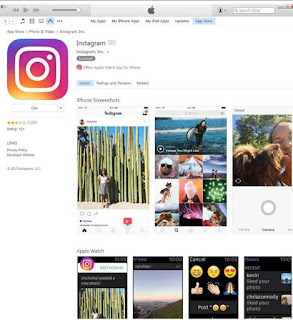First, the obvious. The applicant's services listed in this application are in Class 044 for "[u]rology medical care services." You may have heard of a popular website called WebMD. That website has a trademark registration in a variety of classes related to healthcare, including a registration in Class 044 for "Consulting and counseling services in the field of preventative health care..." Given the similarity of the marks and the relatedness of the services, I believe the Trademark Office will refuse to register applicant's application, in part, for a likelihood of confusion with the pre-existing WebMD registration.
While it's true the services listed in the applicant's WEB MD application are not exactly the same as the services listed in the WebMD website registrations, they are in the same class and are related. See TMEP 1207.01(a)(i) ("...the goods and/or services do not have to be identical or even competitive in order to find that there is a likelihood of confusion.").
Additionally, the WebMD website's services in Class 044 are worded broadly and could encompass the applicant's narrowly identified urology medical care services. See TMEP 1207.01(a)(iii) ("if the cited registration has a broad identification of goods or services, an applicant does not avoid likelihood of confusion merely by more narrowly identifying its related goods."). Finally, since the marks are identical, a likelihood of confusion can be found even if the services are not closely related. See TMEP 1207.01(a) ("... the more similar the marks at issue, the less similar the goods or services need to be to support a finding of likelihood of confusion.").
There are several other issues with this application, including:
- The applicant filed the application on a 1(a) basis but the specimen submitted is a letter to the examining attorney arguing against a likelihood of confusion refusal;
- Applicant added a translation statement stating "the English translation of MD in the mark is physician," but MD is not a word in a foreign language;
- Applicant filed an unnecessary 2(f) claim (and a 2(f) claim would not be available anyway given the limited use of the mark);
- Applicant addressed the unnecessary letter submitted with the application as "letter to patent attorney";
- Applicant invited examining attorney to text her.




